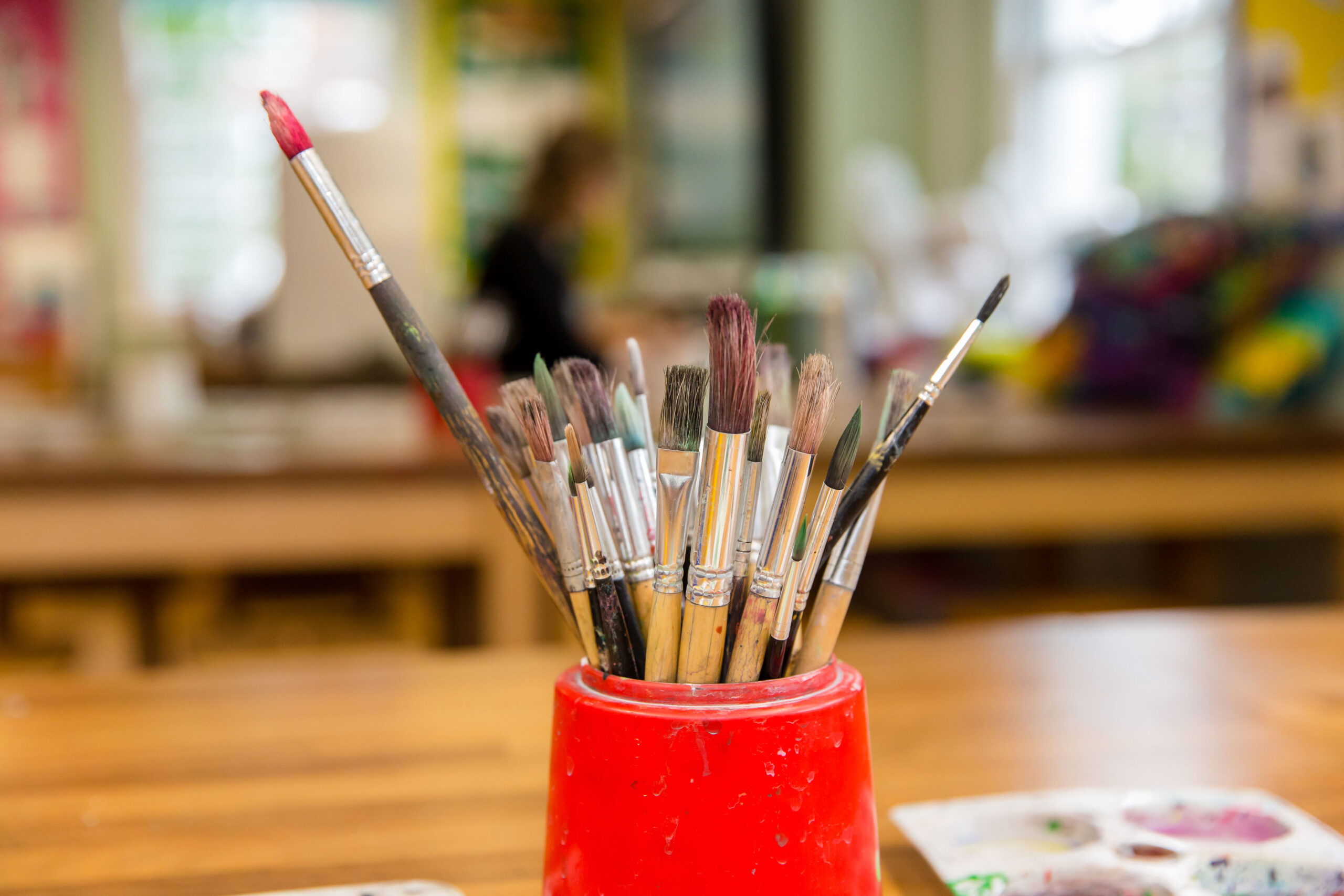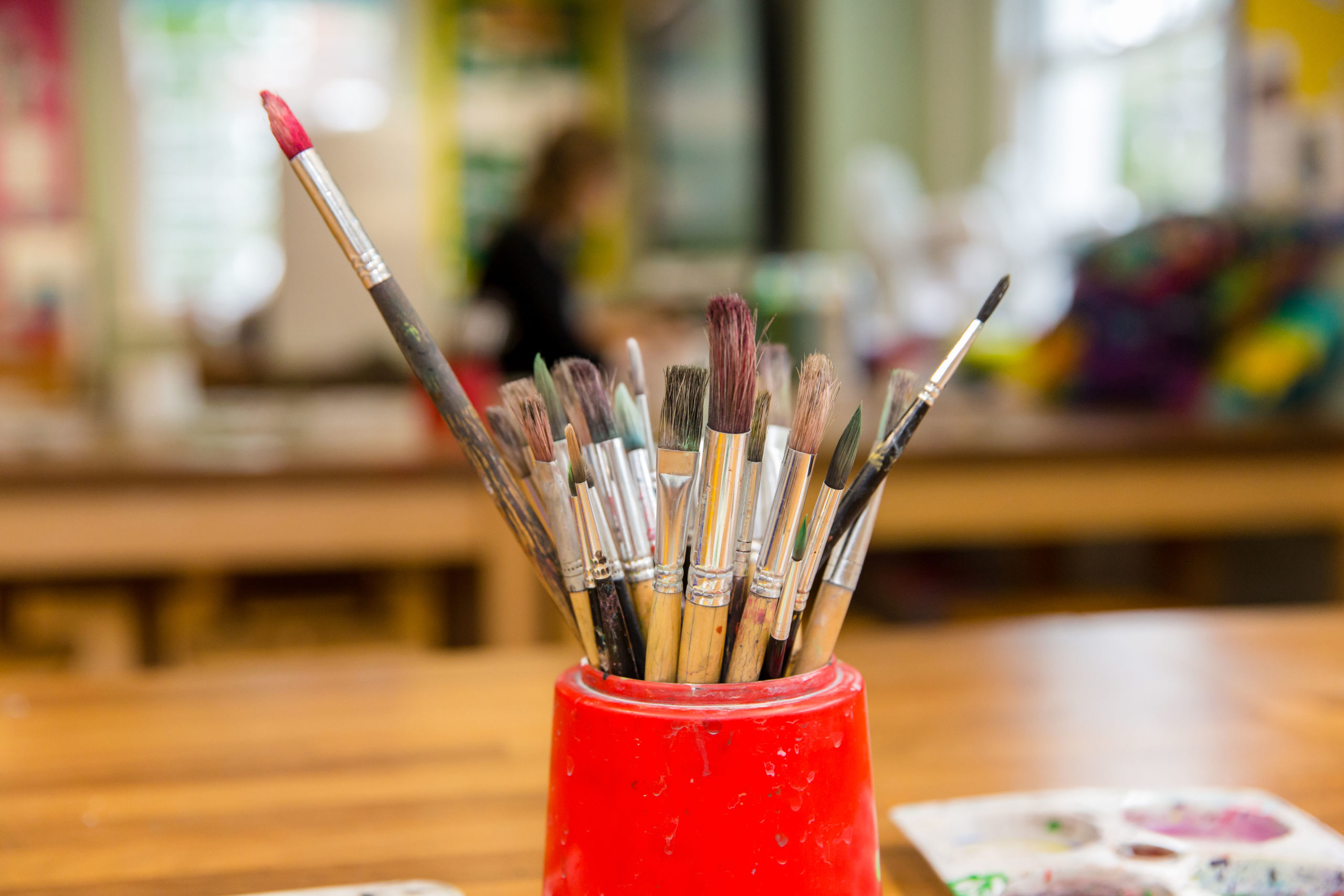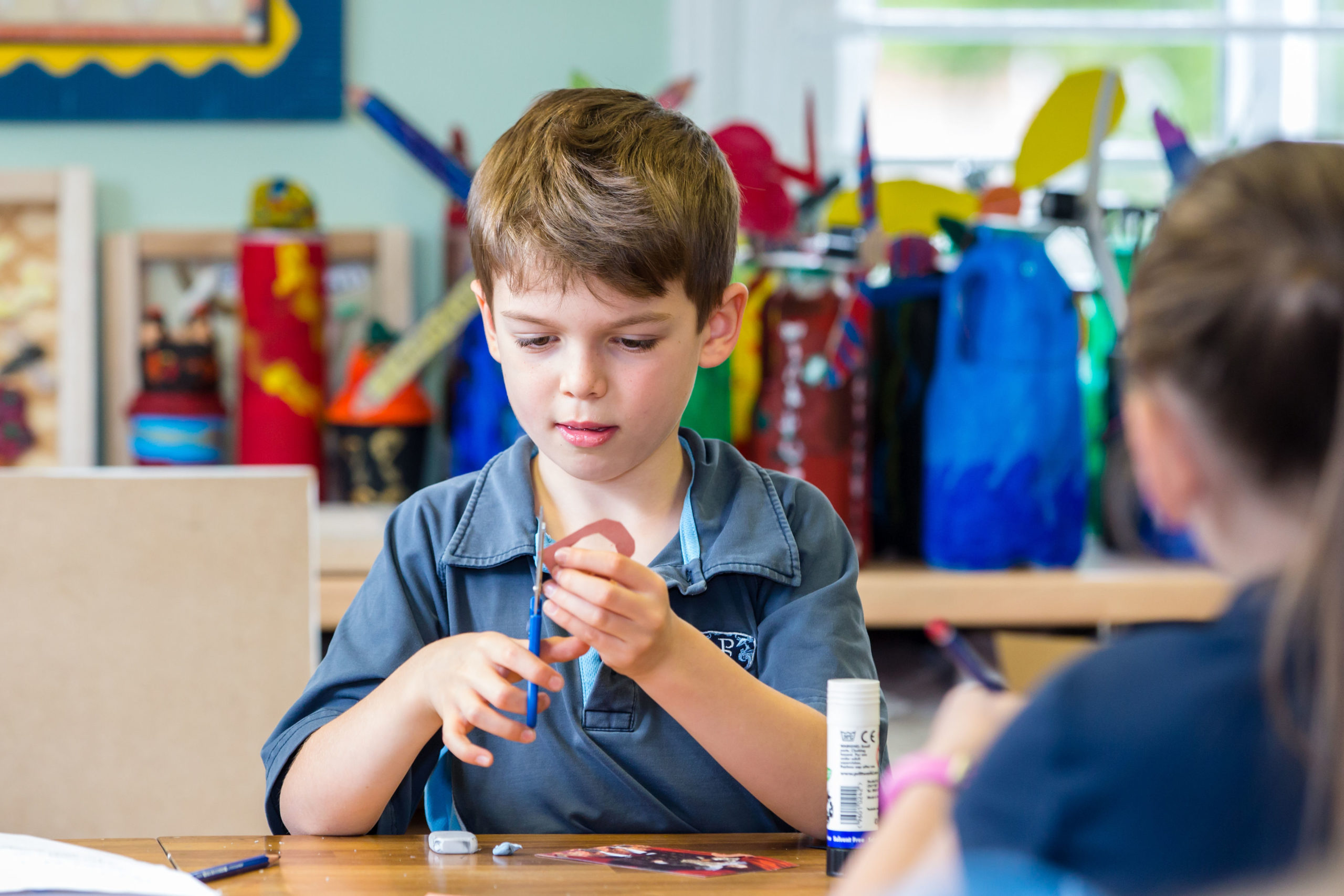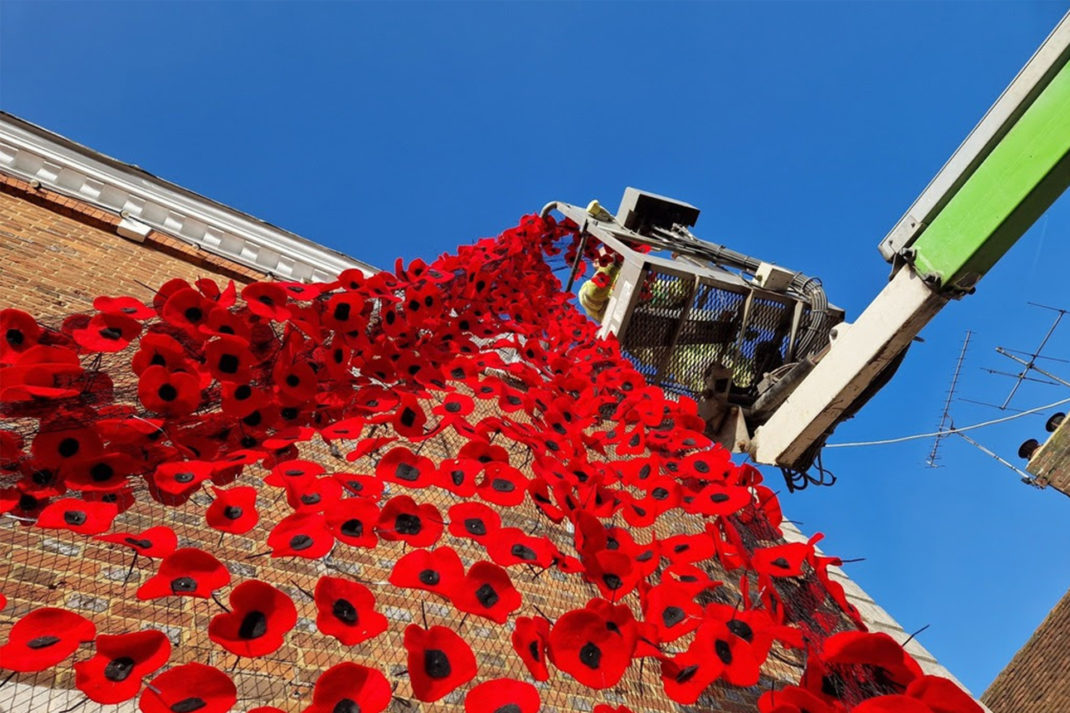All Aboard the STEAM Train
By
4 years ago

Matthew Faulkner, Headmaster at Parsons Green Prep, discusses the benefits of STEAM: the integration of science, technology, engineering, arts and maths.

You will have read many articles about the virtues of STEAM. Combining science, technology, engineering, arts and maths, the subject encourages teachers and children to think less in terms of discrete subjects and more in terms of cross-curricular and combined disciplines.
This approach is becoming increasingly commonplace in forward-thinking UK schools and the days of silo-based learning seem every day more out of date. STEAM will be another driver in encouraging positive attitudes to learning in our children.
STEAM requires a problem-solving and collaborative approach to learning. In the context of real-world and meaningful tasks children are taught to analyse and evaluate information, design and stress-test solutions and then present them to the audience. But STEAM is not just something to be done once a week or even (in the more committed schools) for an entire morning or afternoon and then forgotten about. It is not merely the completion of a project involving multiple skills which makes STEAM worthwhile; we are not striving to produce only the engineers, artists and mathematicians of the future. We are preparing everybody for every workplace and the skills children acquire in STEAM will have direct relevance to wherever they enter the world of work in the forthcoming decades. The principles need to permeate every school activity and must underpin the thinking processes across the curriculum, from RE to PE.

A few examples may help to explain how STEAM can come into play across the entire curriculum:
- English – scripting, directing, filming and editing a film trailer for the class book
- MFL (Modern Foreign Languages) – compiling sound clips to aid pronunciation of tricky words
- Classical Studies – retelling a Greek myth on a handmade pot
- RE – working out how many animals could fit in the ark
- History – building siege engines and testing defences
- Geography – testing the earthquake-resistant properties of different building designs
- P4C (Philosophy for Children) – create flow diagrams to analyse approaches to ethical dilemmas
- PE – analysing metabolic rates, connecting calories to exercise, performing balances etc.
If engrained across the curriculum, the principles of STEAM will become second nature to all. We want children to take control of their learning by taking charge of problem-solving. That is to say, identifying issues and working together across the STEAM disciplines to design the most elegant solutions they can find. STEAM will encourage our children to think for themselves, analyse information and confidently hypothesise whatever the situation.
At Parsons Green Prep we are building a new STEAM room next year. Of course it will be modern, aesthetically pleasing and fit for purpose. But that is only one half of the project. The other half is to encourage the staff (and parents) to see everything we do at school through a STEAM-based lens. Say goodbye to individual subjects, linear thinking and rote-learning. Welcome instead to process-based learning, critical thinking and creative innovation. If we can all start to think in this way then the habits of mind will have soil in which to take root.

These habits of mind need to germinate early. This year we are also redesigning our Reception classrooms and EYFS curriculum with STEAM in mind. Free-flow and cross-curricular provision are the nuts and bolts of the learning habits we are trying to instil and our new classrooms will be organised by theme rather than subject. With Early Years emphasis on teamwork, problem-solving and presentational skills, we hope to prepare our children for the type of teaching they will experience as they rise up through the school.
There is many a slip between theory and practice, and John Hattie’s ‘collective teacher efficacy’ is crucial here. All our staff are on board, whatever their role. It is teachers who make the difference and allow learning to take place, so staff training and commitment are key parts of the process. That starts now and everybody at PGP will be on board the STEAM train in time for September 2022.

Read Similar Articles: STEM or STEAM? Don’t forget the importance of the ‘A’ – Art.; What Can The Arts do for STEM?



